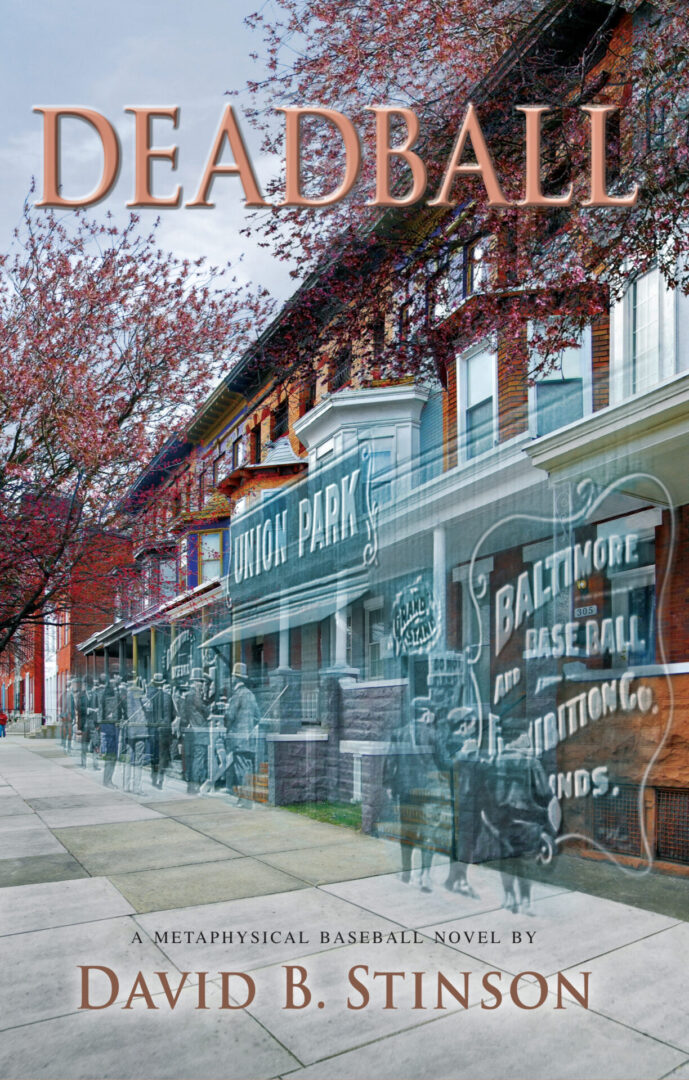Morgan M. Bulkeley Stadium was located on the southeast corner of Hanmer Street and George Street in Hartford, Connecticut.
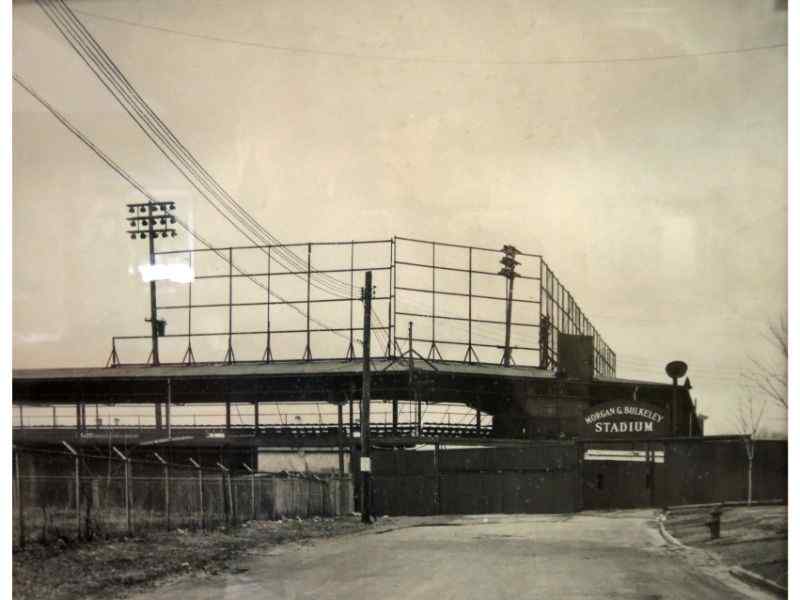
The ballpark originated in 1921 as Clarkin Field, named in honor of its builder, Jim Clarkin, the owner of the Eastern League Hartford Senators. After a fire in 1927, the ballpark was rebuilt. Clarkin sold the team the following year and the ballpark was renamed Bulkeley Stadium in honor of Baseball Hall of Famer Morgan G. Bulkeley, the first president of the National League as well as a former president of Aetna Insurance Company, and a former politician (Connecticut Governor, U.S. Senator, and Hartford Mayor). Bulkeley had lived in Hartford and died in 1922.
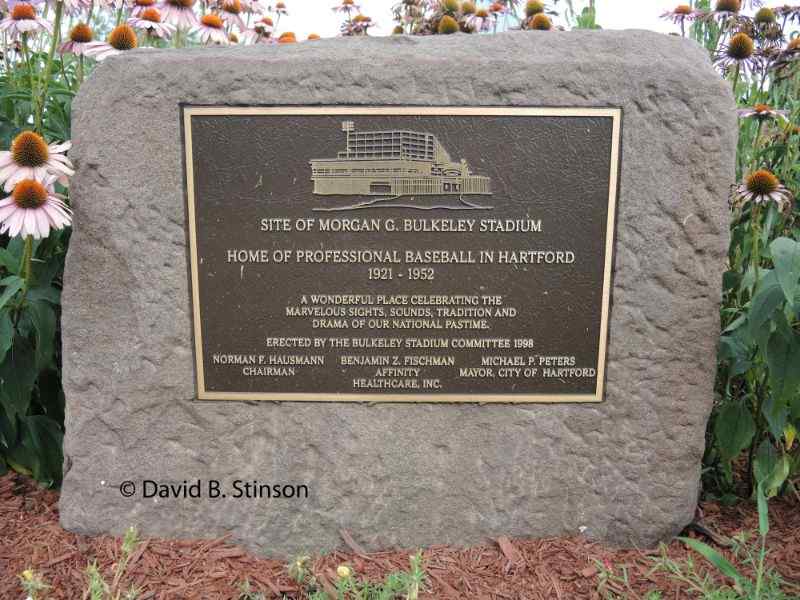
The site today is occupied primarily by Ellis Manor Nursing and Rehabilitation Center. Hartford native Norm Hausmann spearheaded a drive to get a historic marker placed at the former site of Bulkeley Stadium. The marker sits at the entrance to Ellis Manor on George Street in what was once left field.
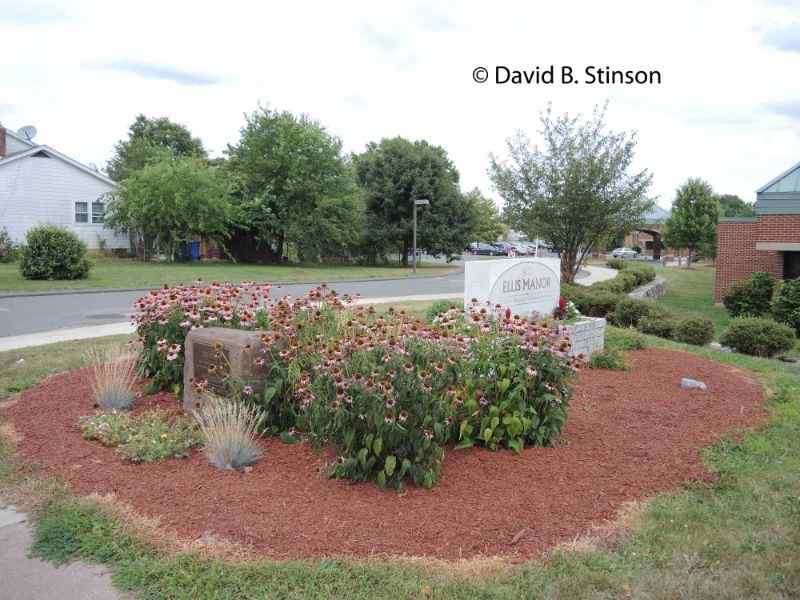
Clarkin Field/Bulkeley Stadium was home to the Eastern League Hartford Senators from 1921 to 1932 (in 1934 the Senators returned for one season to Bulkeley Stadium as part of the Northeastern League). Bulkeley Stadium also was home to the Eastern League Hartford Bees from 1939 to 1945 (also known as the Laurels), and the Eastern League Hartford Chiefs from 1946 to 1952. The Bees, Laurels, and Chiefs all were affiliated with the National League Boston Braves. The integrated semi-pro Savitt Gems (named after long time Hartford jeweler Bill Savitt) also played at Bulkeley Stadium. One of the stars of Savitt Gems was Johnny “Schoolboy” Taylor, a high school phenomenon who pitched for Bulkeley High School and later for the Negro National League Pittsburgh Crawfords and the Negro National League New York Cubans. In 1949, Taylor pitched for the Hartford Chiefs at Bulkeley Stadium.
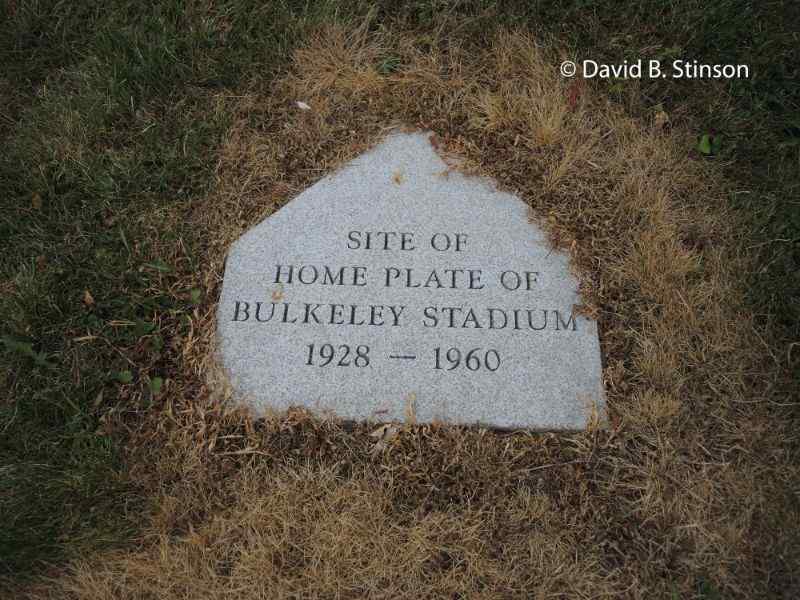
Clarkin Field also was home to the Hartford Blues football team in 1925 (the following season the Blues played their one professional season in the National Football League).
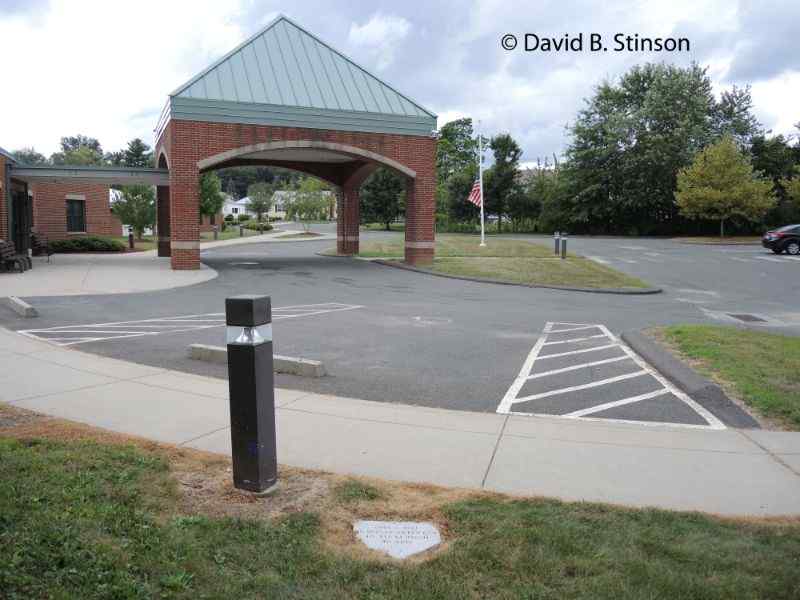
The location of home plate is marked with a granite plaque near the northeast corner of Ellis Manor, to the left of the front entrance. To better appreciate the former site of Bulkeley Stadium, click here: Courant.com for a vintage aerial photo of Bulkeley Stadium.
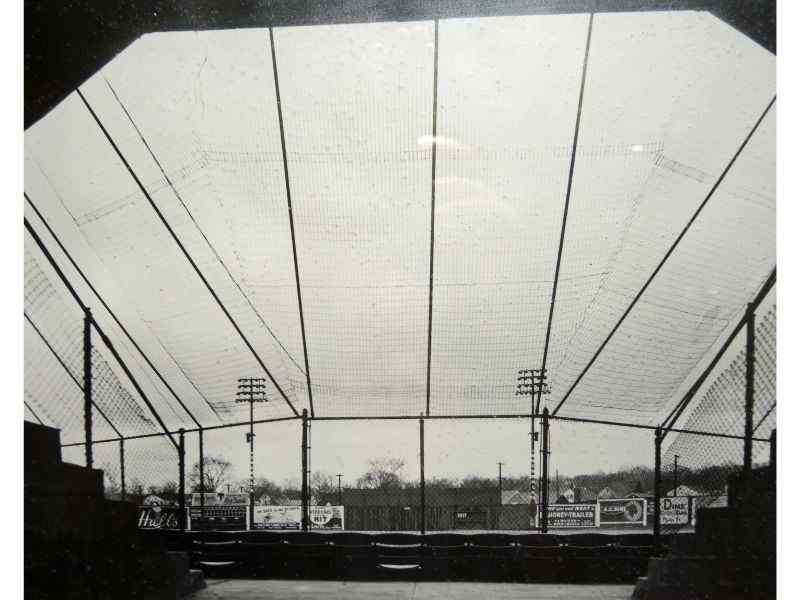
The grandstand directly behind home plate was located where Hanmer Street terminates just northeast of Ellis Manor.
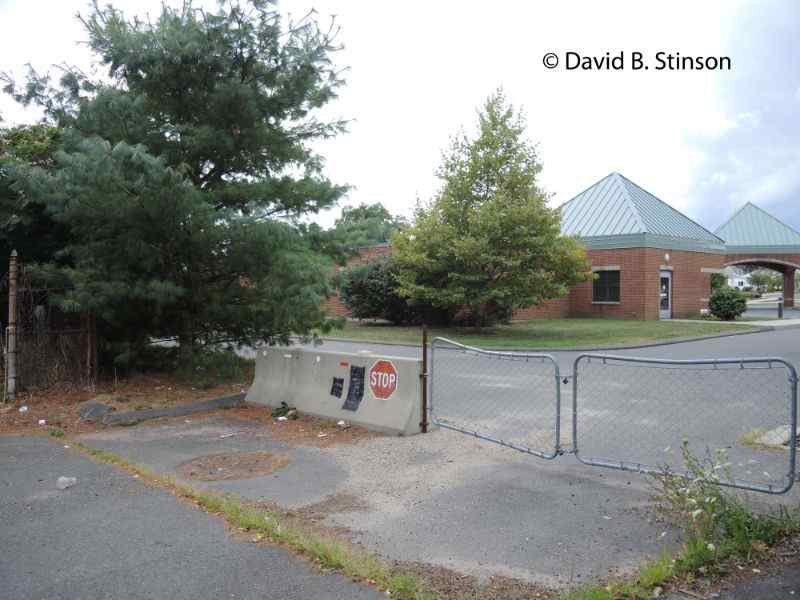
Although the ballpark was demolished in 1960, a chain link fence that ran alongside the third base grandstand dating back to Bulkeley Stadium remains on the site. The fence is clearly visible in the vintage photograph of Bulkeley Stadium that appears at the beginning of this blog. Although not quite as historically significant as the John T. Brush Memorial Stairway located near the former site of the Polo Grounds, the fence certainly is worth noting given its connection to Bulkeley Stadium.
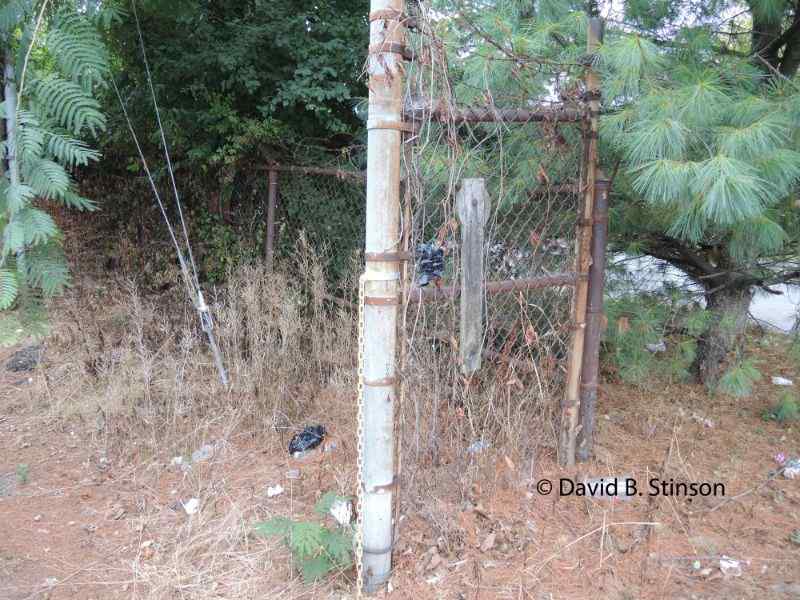
The third base grandstand paralleled a driveway that now runs north and south along the eastern side of the Ellis Manor.
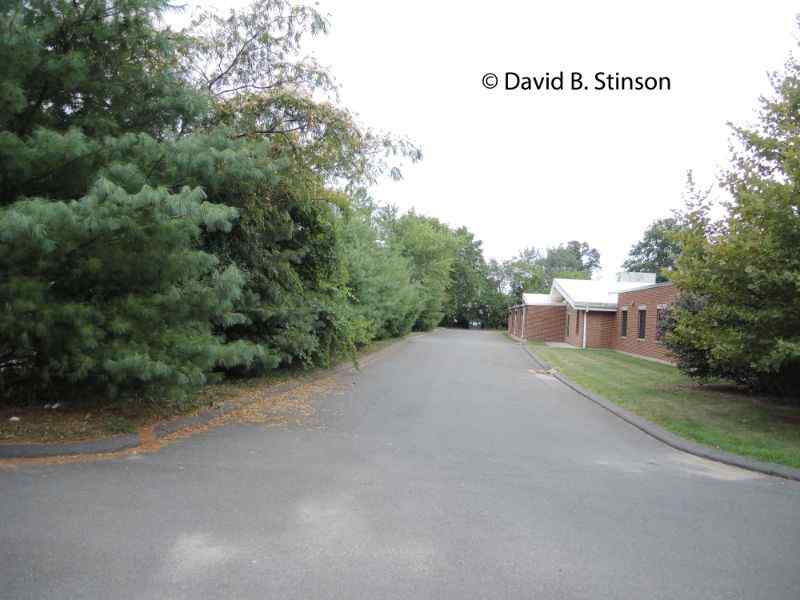
Bulkeley Stadium was a basic, no frills ballpark. A single deck, covered grandstand ran from third base to the left field corner. Uncovered wood bleachers continued from third base to the right field corner.
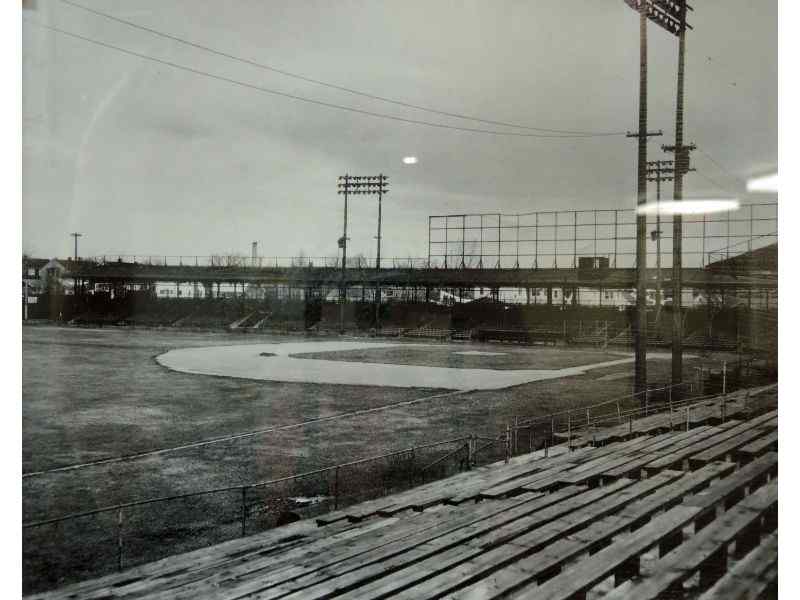
First base was located in front of what is now a covered driveway near the front door entrance to Ellis Manor.
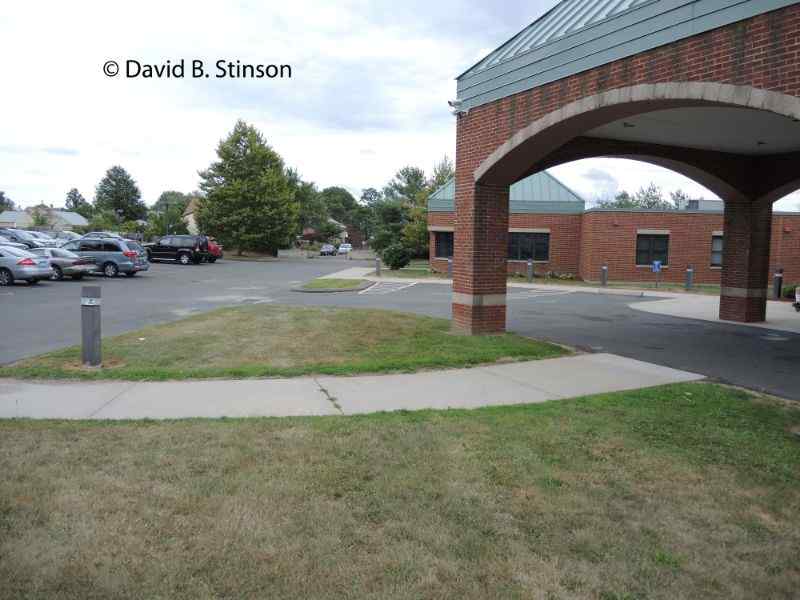
The driveway from George Street into Ellis Manor was once left field.
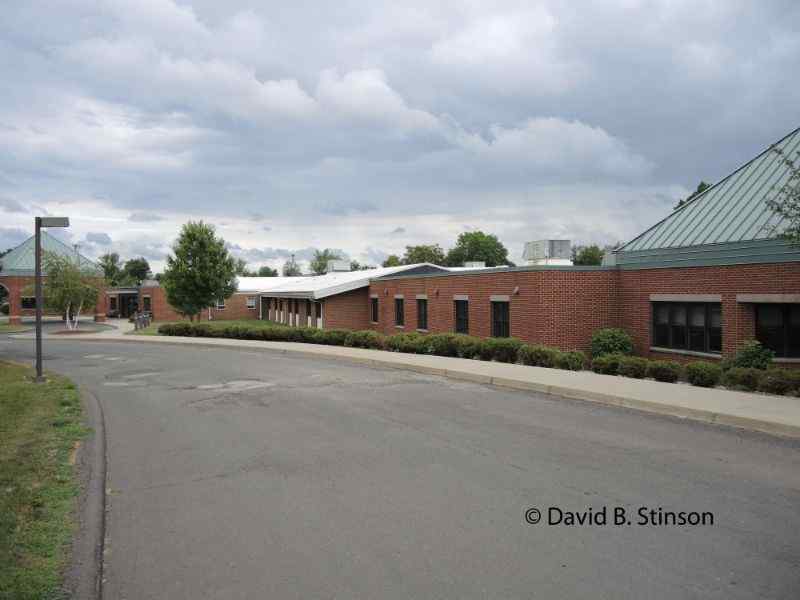
Some residences that ring the parameter of the ballpark site date to the time of Bulkeley Stadium. A few “new” houses actually sit on the former stadium site. One such house, at 204 George Street, sits in what was once the left field grandstand.
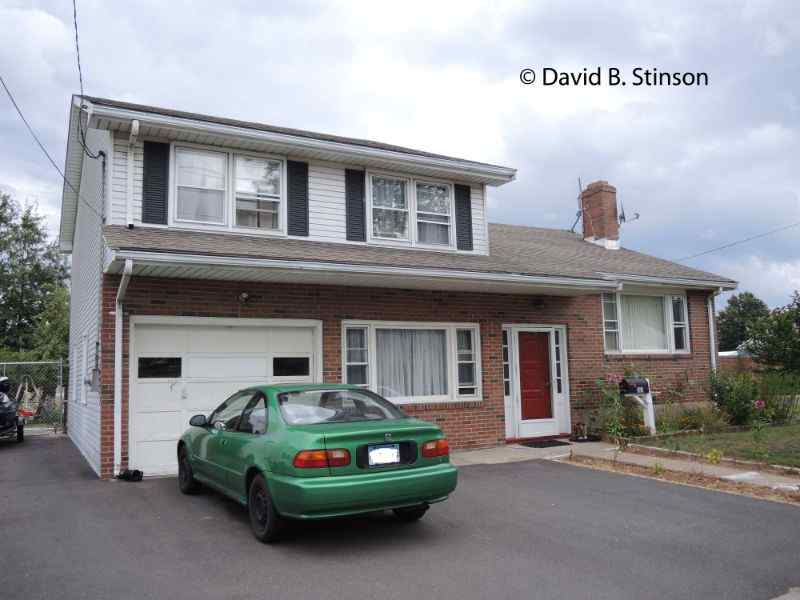
The open side yard at 204 George Street was once the left field corner.
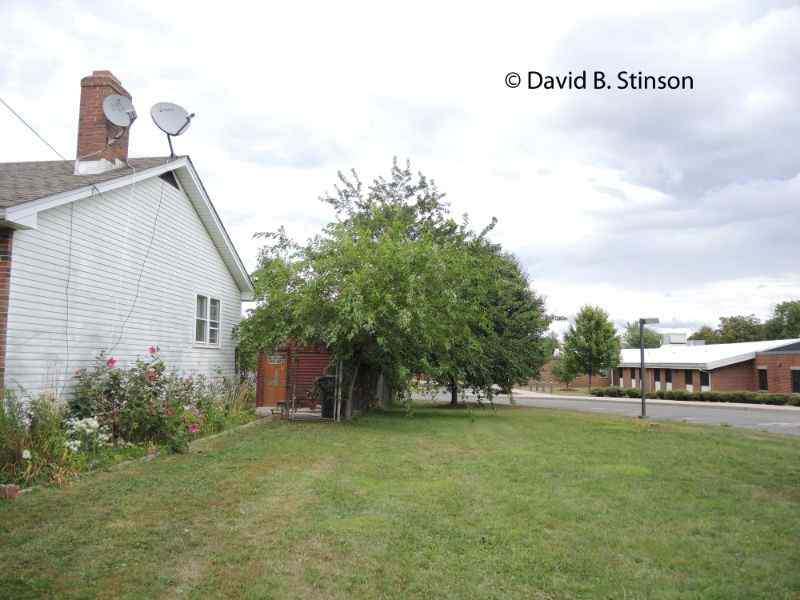
Right Field to Center field ran north to south along George Street.
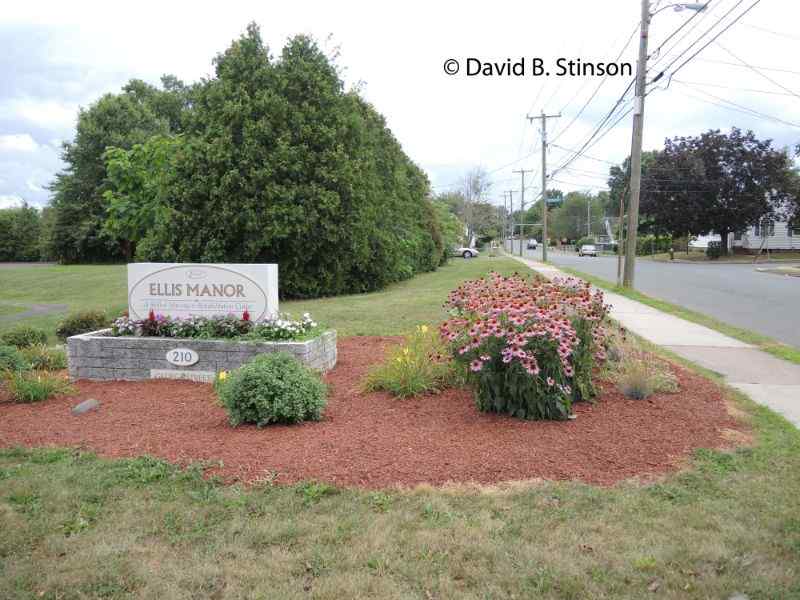
The center field was located across from the intersection of George Street and Goodrich Street where a grove of trees now sits.
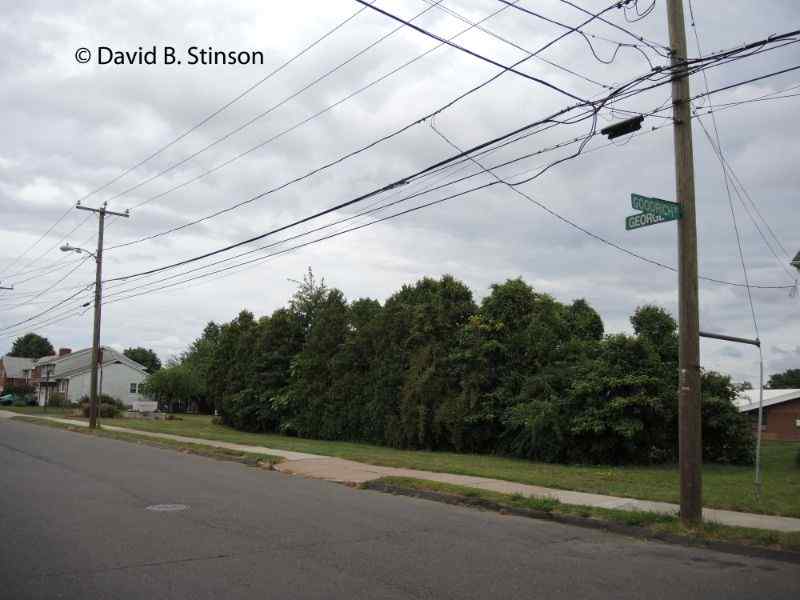
Inside the front entrance to Ellis Manor, across from the reception desk, is a wall of fame honoring the memory of Bulkeley Stadium. Many future Baseball Hall of Famers played for Hartford at Bulkeley Stadium, including Lou Gehrig, Leo Durocher, Hank Greenberg, Johnny Sain, and Warren Spahn. The wonderful staff at the nursing home and rehabilitation center are proud of their facility’s connection to professional baseball and are very helpful answering questions about the ballpark.
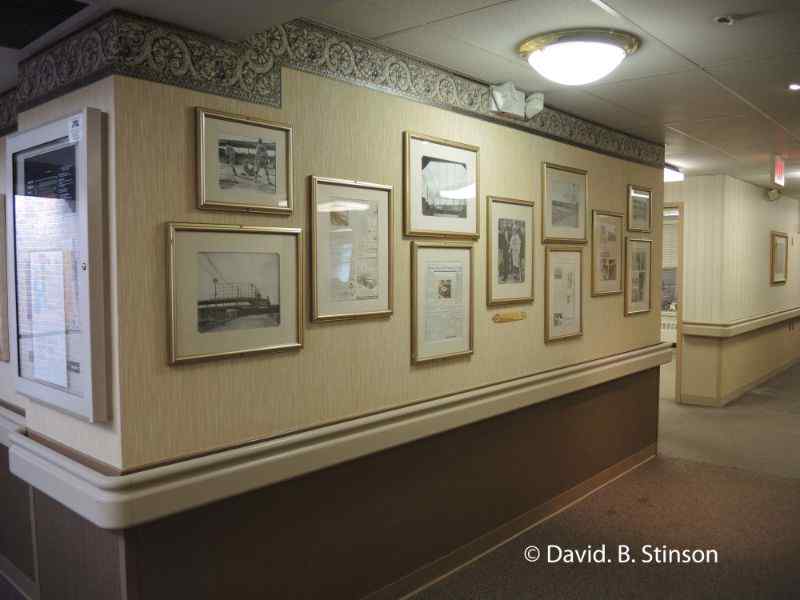
After 65 seasons without professional baseball, Hartford once again will have professional team beginning in 2016. The Eastern League Rock Cats are moving from their current home in New Britain Stadium to a new ballpark located at Main Street and Trumbull Street in the “Downtown North” section of Hartford, just five miles north of the former site of Bulkeley Stadium.
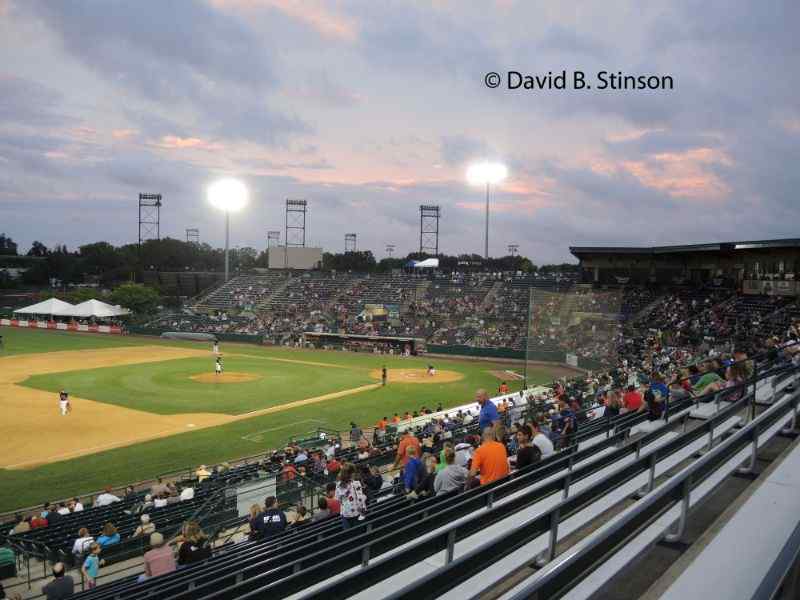
The City recently secured property in downtown Hartford at the intersection of Main Street and Trumbell Street, approximately three miles north of Bulkeley Stadium. Although professional baseball will never return to the site of Bulkeley Stadium, it is still possible to play catch in the left field corner of the old ballpark site – that is, as long as the folks who own the side yard at 204 George Street don’t mind you doing so.
